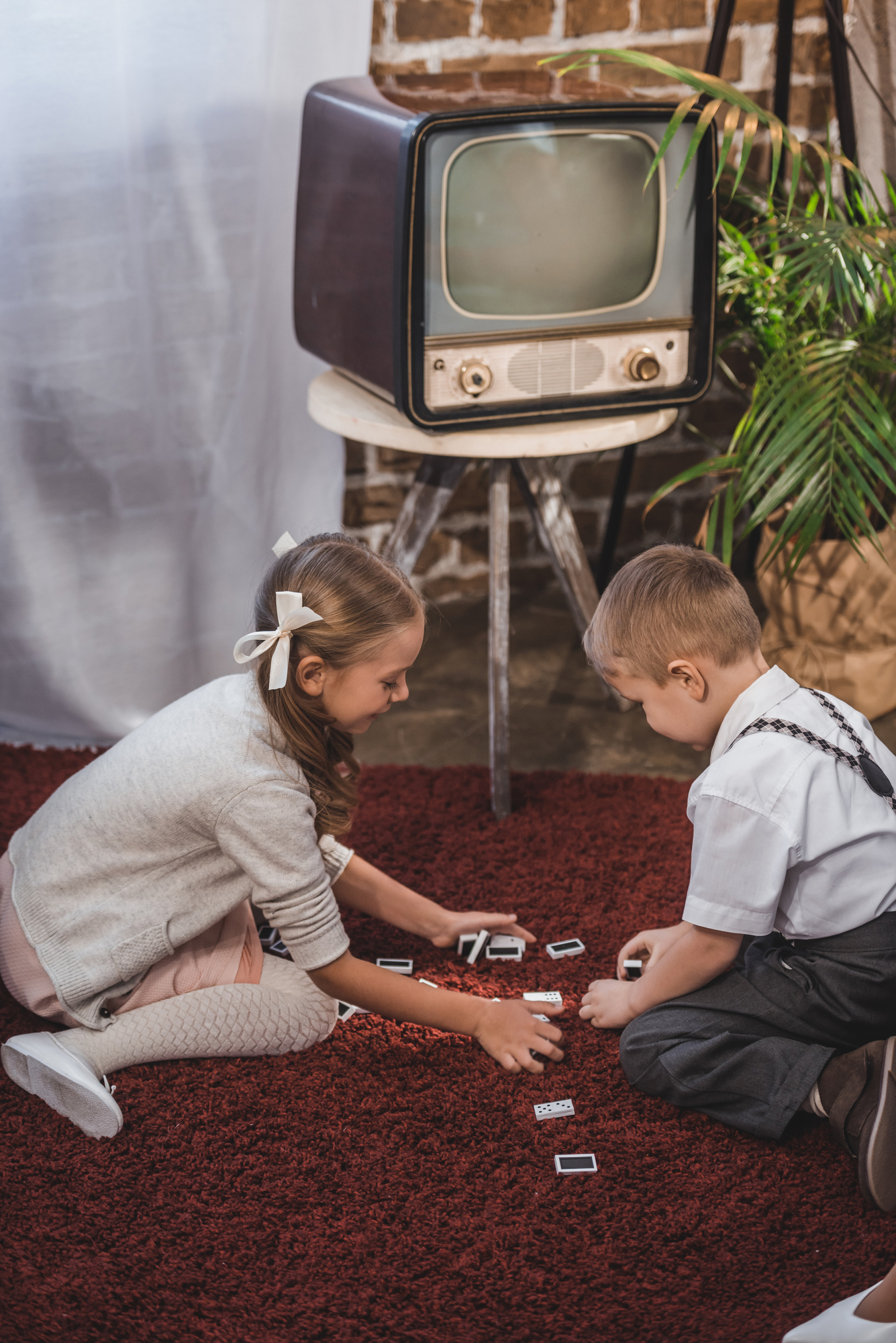Family life is changing. Childhood used to be playing with friends, in and out of neighbours’ homes, eating on the run and not seeing parents till late evening, after the sun went down.
Kids were busy, chores were naturally done with foregone conclusion to help out at home. Most kids had several siblings, grandparents up the road, lots of surrogate aunts and uncles around the neighbourhood. Mum was usually at home after school to ask about your day, help with homework and make sure you drank your milk and ate your afternoon tea before you left for the afternoon activities with friends. Kids may have participated in one activity or sport each week. They rode everywhere. Life was fun, simple and easy for many kids, expectations were lower and pressure far less.
The past few decades have substantially changed the way we live, how we raise our children and the way children now see their world. Children today usually have one or two siblings with the average number of children per household at two. The lack of siblings can affect how kids learn to negotiate and tolerate certain behaviours. Kids spend time doing many more organised activities and far more time in front of a screen. Their time spent inside at home exceeds every previous generation and they associate more with adult parents than they do personally with their friends after school.
Modern Families
Parents are more aware of pending danger than ever before and now insist on strict boundaries of where their child can go and when. Few of us know many neighbours, so the days of children wondering their neighbourhood, friendly with everyone, calling in for a drink or snack at the neighbours’ house have passed.
The incredible changes in children’s and family life the last two decades are astounding. We now see more children suffering anxiety issues than ever before in history. Perhaps the expectation we place on our children has also equally risen. Possibly children are emulating their parents’ behaviour with so many of our population struggling with mental health issues. Children, after all, learn their resilience and coping strategies from parents, if parents can’t teach them, they often fail to learn. The expectation our kids see watching YouTube successes that others are achieving while decades ago we lived more within our own community life, not knowing what really went on elsewhere. Kids are exposed to a menagerie of different lifestyle choices while very young, often too young to really understand.
We are experiencing now a generation of children attached to screens and we really do not know for sure what their outcome will be in decades to come. We do know that screen time has detrimental effects on children’s spine, hands and eyes. We know a more sedentary indoor life is harmful to their skeletal development and bone strength. We are also aware that more games they become involved with seems to prevent them from developing the social skills every human needs to form healthy adult relationships.
Boredom and using your imagination to create fun and games is something regrettably dissolving from our children’s lives. Children are becoming more isolated in a wider world available to them.
The Way Forward
All parents can do, in this excessively busy online world, is to remain vigilant to ensure you have an evening meal with your children at the table every night. Talk to your children about their day, their achievements, their concerns. Teach them strategies and suggest ways they can cope or manage issues they face rather than sorting out their problem or telling them what they should do. When parents can set down firm and clear rules and boundaries about screen and game time right from the onset, then it is far easier to remain attentive if these boundaries are crossed.
Communicating with your child throughout their development is essential. Not judging them for mistakes or errors is a must, to allow the child to feel safe confiding and sharing with you. They are going to face issues and challenges you never faced, not even envisage will occur. It is no more of a challenging time adjusting to the changes in our child’s life than it was for our parents and grandparents. The introduction of motor cars, landline telephones, mobile phones, air travel, expanding women’s education and the invention of television were all faced from previous generations. Our elders were concerned about the new ‘technology’ that made their kids expect different things from life and this has been mainly positive. The changes we see now have occurred far more rapidly than changes have ever happened in the history of mankind.
It is a new developing world. While this is true many of the base values remain unchanged. The love for our children, the need to communicate effectively, the desire to always protect while being mindful to enable our child to develop the capacity to grow into an independent adult remains unchanged. Where this new world will take our kids is yet to be learned. Stay vigilant, keep communicating and less judgemental because kids are only learning too.
Read more form Dr Karen






